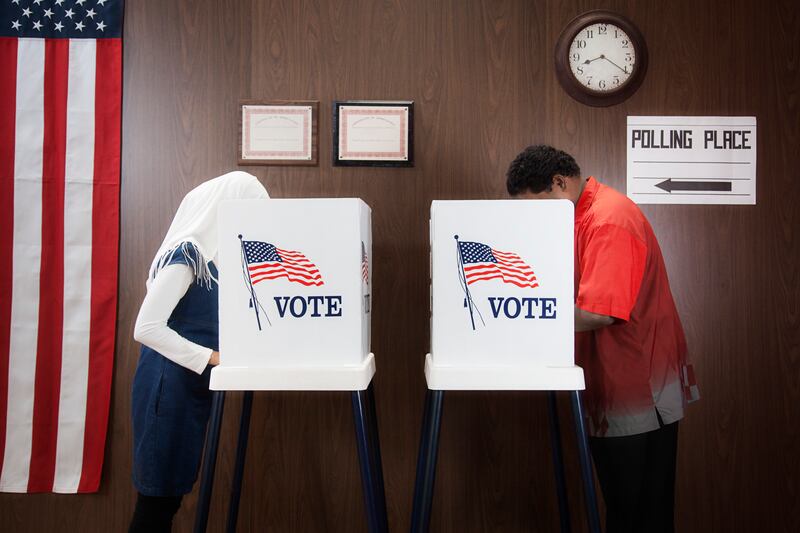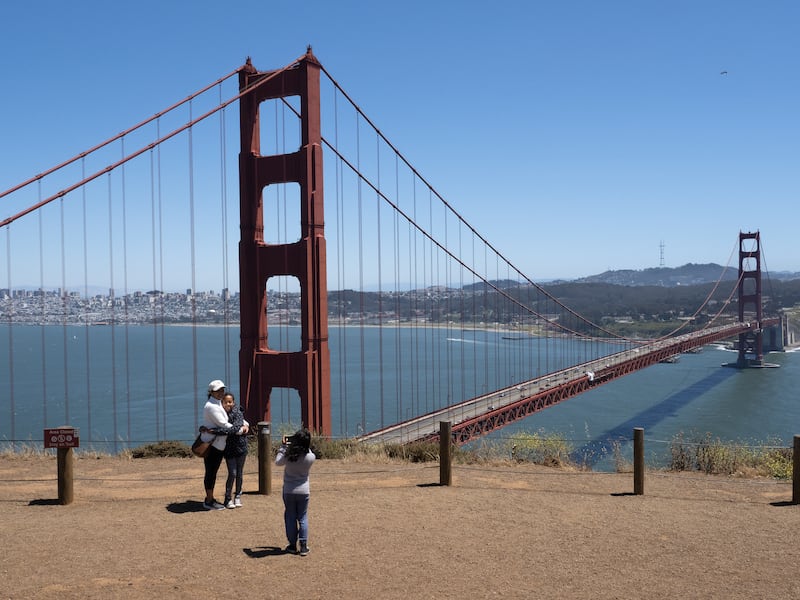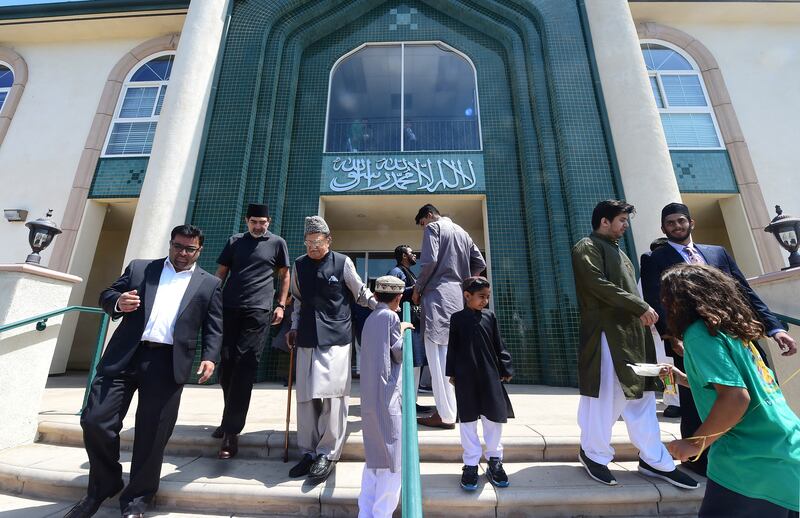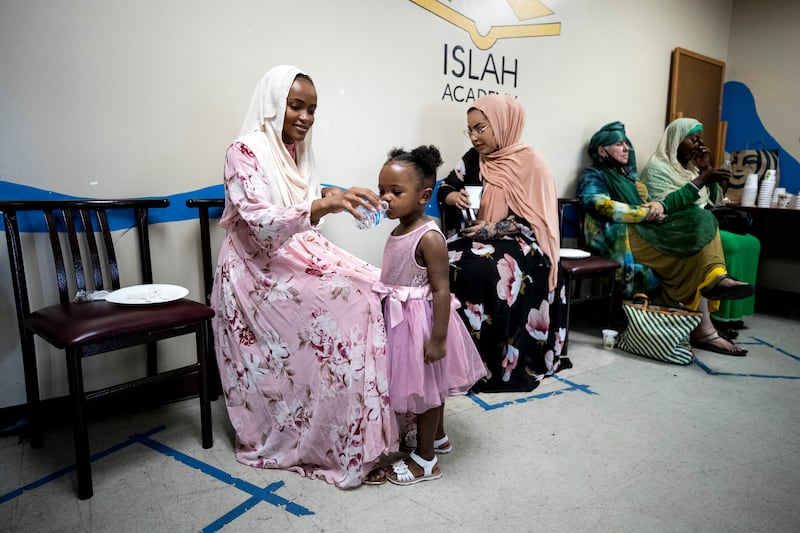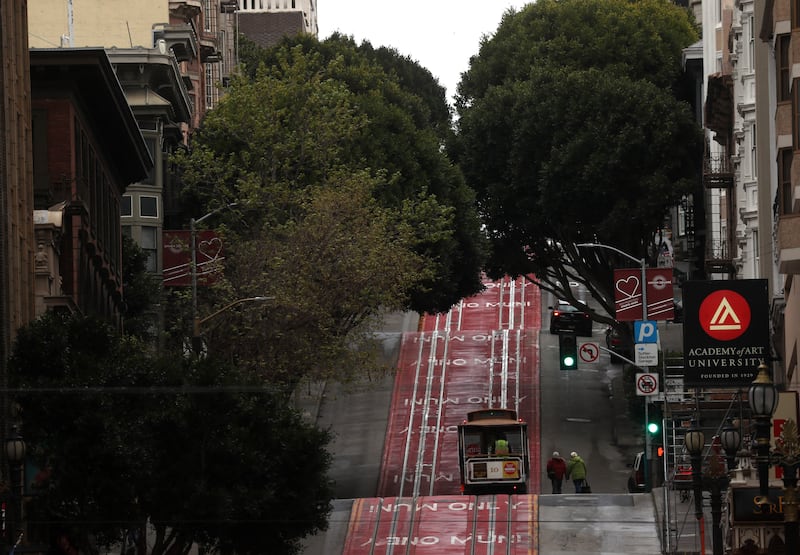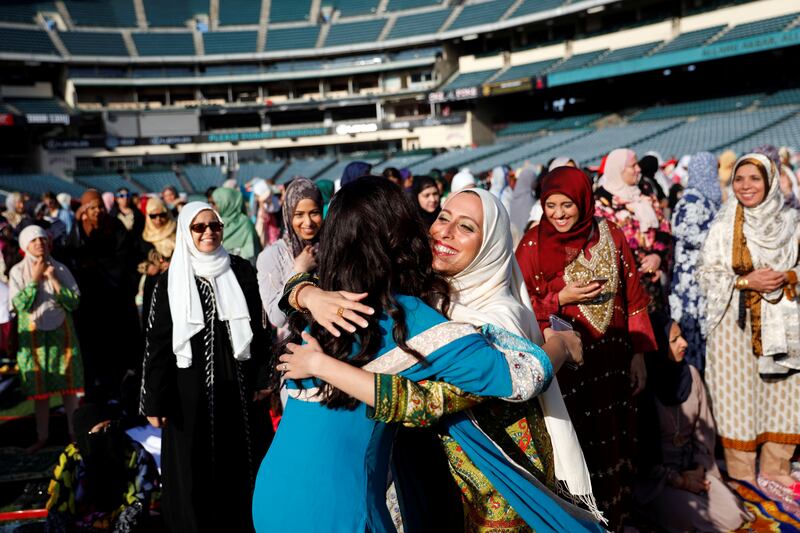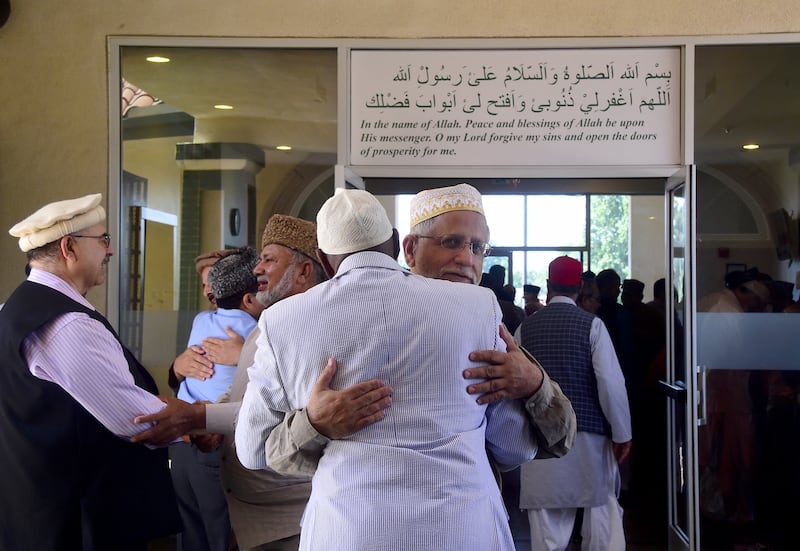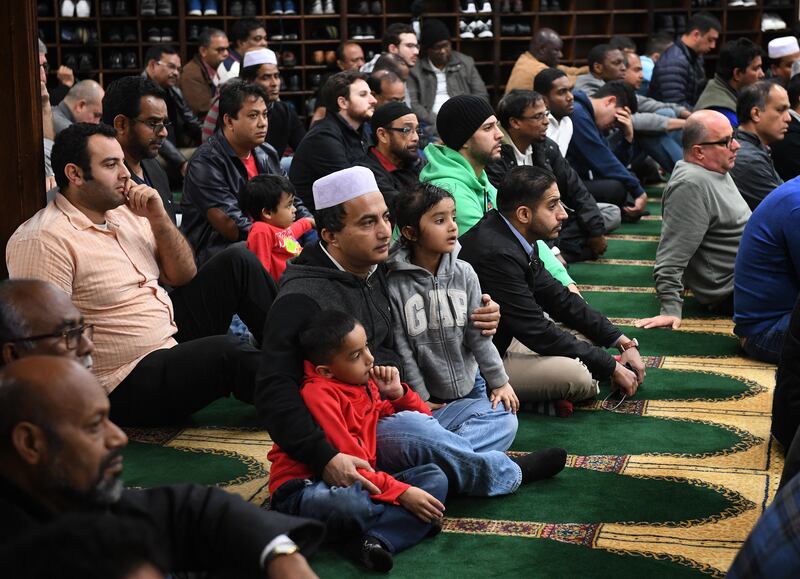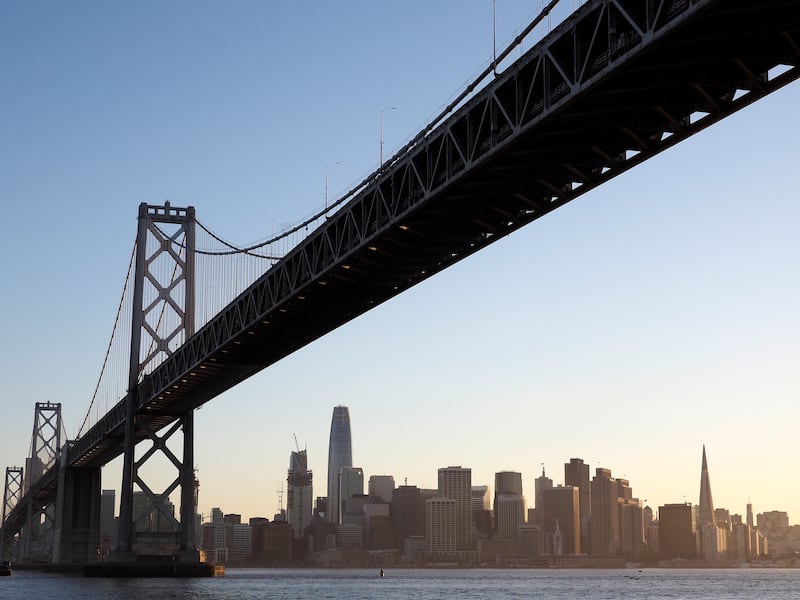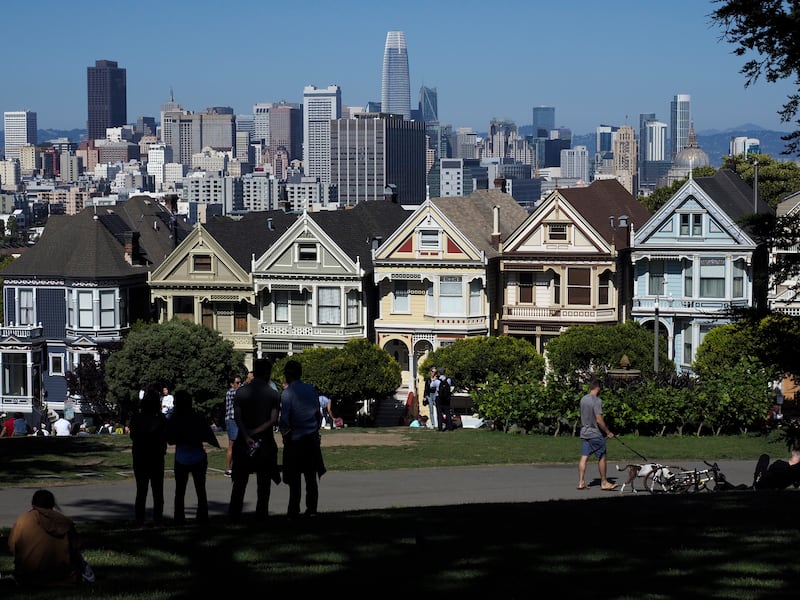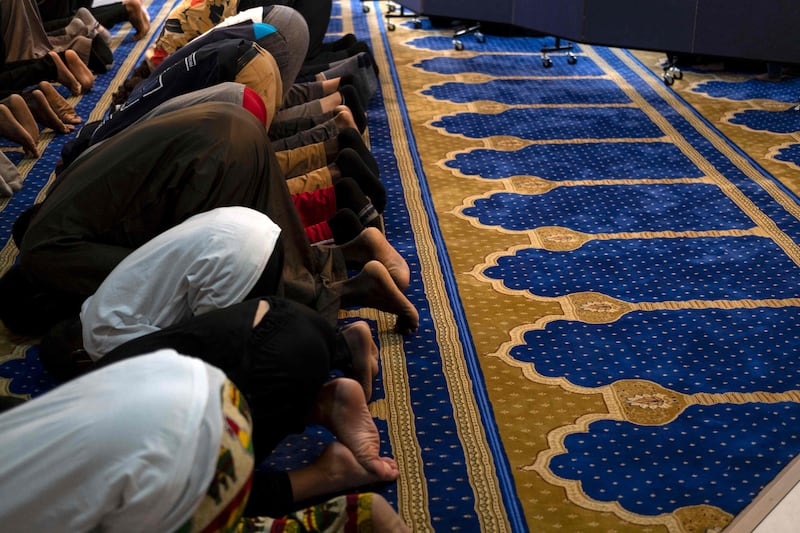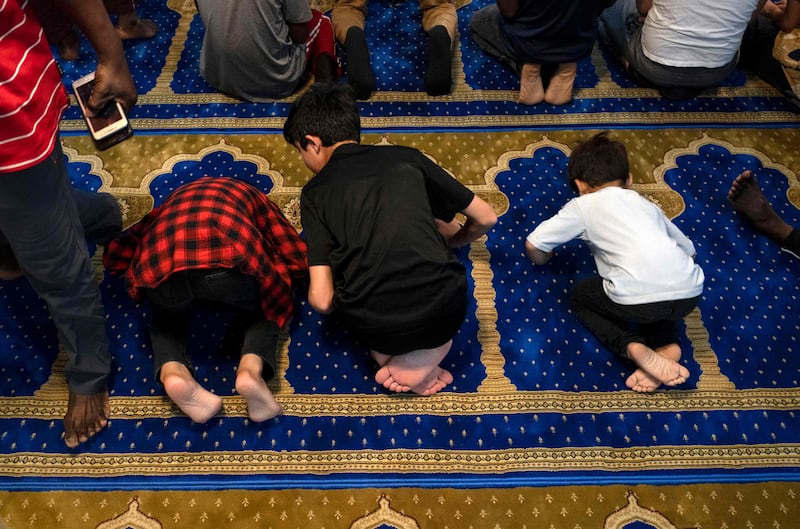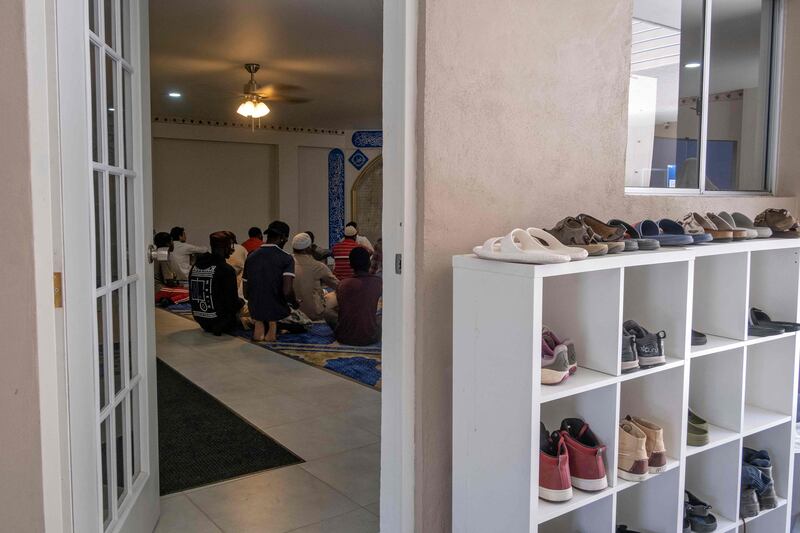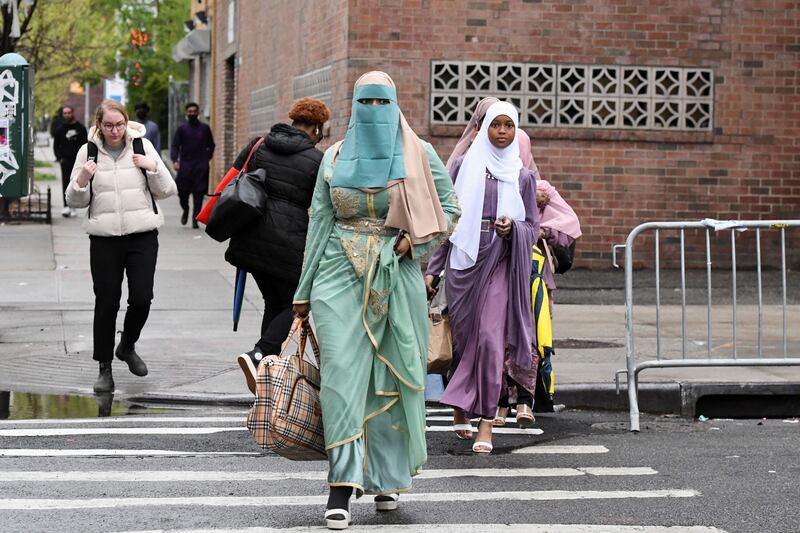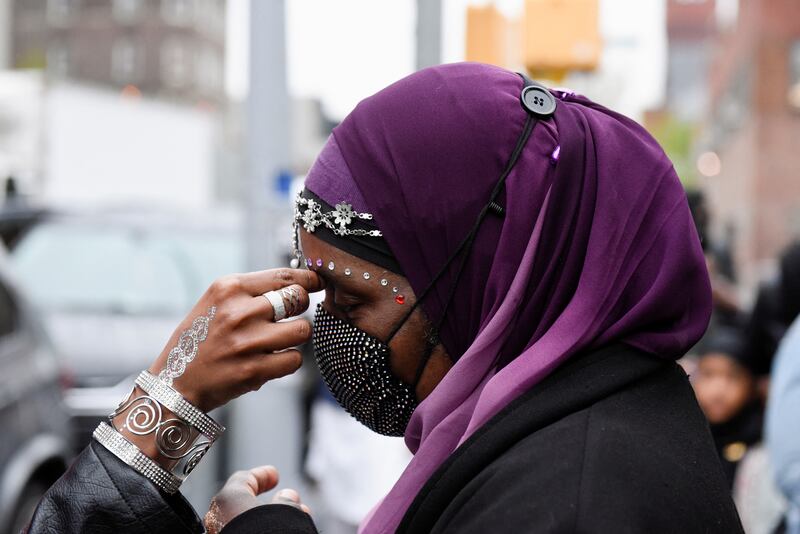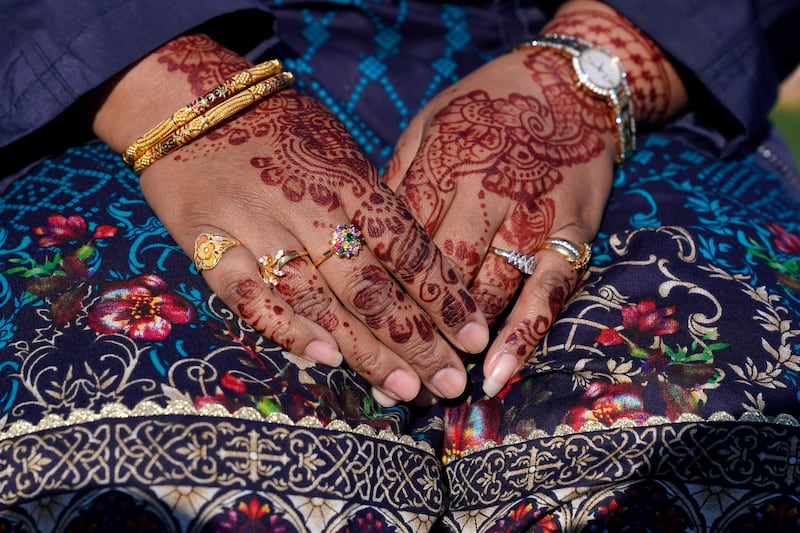Few better represent how Arab Americans are becoming a potent social and political force in the US than Youssef Elzein.
Since the Lebanon native came to study at an Illinois university in 1980, he has worked with the American Red Cross, local colleges and police reform groups, while also assisting refugees, volunteering to build new homes and, most recently, establishing a sister city relationship between Dayton, Ohio, and the Palestinian city of Salfit in the occupied West Bank.
His driving motivation: to portray Arab Americans in a positive light after the community was demonised in the years following 9/11.
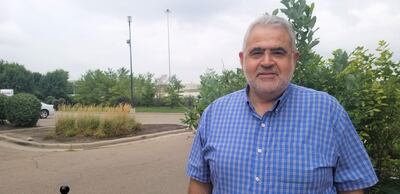
“The first motivation was [the backlash as a result of] September 11, but as I grew older, I realised that [activism] could be a stepping stone to unite us as Arabs or Muslims,” he says.
“I started trying to organise our community as a power that can have a say in elections.”
When the Trump administration established the so-called Muslim Ban in 2017 — an edict that prohibited the travel and refugee resettlement of people from several predominantly Muslim countries — Mr Elzein took that engagement to a whole new level.
He began by rounding up Arab-American businesses for meetings with powerful US political figures who, he hoped, would help advance the needs and rights of the community.
Repeal of Trump's Muslim ban gives hope to Syrian refugees — video
Repeal of Trump's Muslim ban gives hope to Syrian refugees
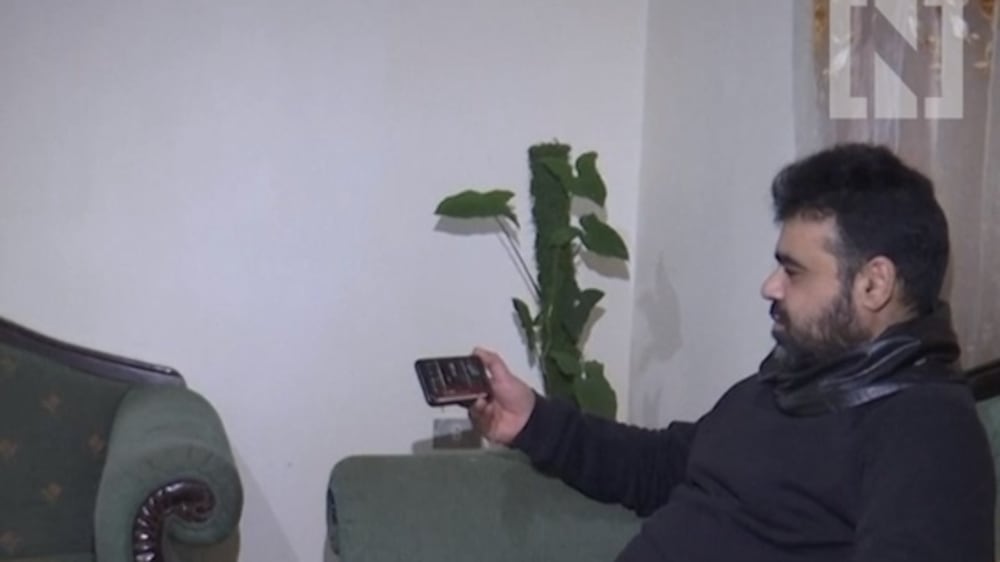
Several years on, he's still working to help Arab Americans and Muslims realise their political potential — and this year may mark a big turning point: as the November midterm elections approach, America’s Arab and Muslim communities are set to play a crucial role in its outcome.
With an estimated population of about 3.7 million, Arab Americans are becoming a potentially potent political force.
In crucial battleground states such as Michigan, they make up about 5 per cent of the population. Last November, America’s first all-Muslim city council was elected in Hamtramck, a city north of Detroit. That same month, the city of Dearborn elected its first Arab mayor.
And Mr Elzein is not alone in his efforts. At mosques across the country this summer, the Council on American-Islamic Relations (CAIR), a major civil rights and advocacy group, has been holding voter registration drives, with more planned for the weeks and months before the midterms.
For Mr Elzein, this points to growing evidence that Arab Americans are turning into an important political force.
In Ohio, he has approached city commissioners, mayors and politicians to discuss the potential power of the Arab vote. He has also pored over voter registration databases to estimate how many people of Arab descent there may be in a particular area.
“When elections are being decided by less than 100 votes, we can turn the tide in local and county elections, I have no doubt about it,” says Mr Elzein.
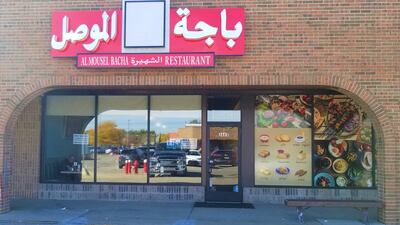
But a major issue Arab-American organisers have been facing for years is the US Census Bureau’s race categorisation — a crucial tool when it comes to structuring local, state and federal policymaking and funding, as well as a host of other critical socio-economic measuring.
The Census Bureau counts Americans as belonging to a number of races, but Arabs, despite numbering in the millions, are not one of those listed.
“This lack of demographic data collecting and reporting further inhibits organisations like ours from being able to address the needs and challenges of our community appropriately,” said Lucine Jarrah, executive director of the Arab American Heritage Council, a community and immigration services non-profit based in Flint, Michigan — a city that is home to an estimated 20,000 Arab Americans.
“Polling does tend to show that Arab Americans lean Democrat, however there is certainly a large percentage who identify with conservative values,” she says. “There was a large group in our county that did vote for Trump in 2016.”
A recent poll of 525 American Muslims conducted by CAIR titled “American Muslims and the 2022 Midterm Elections” has thrown up some surprising insights.
For many, President Joe Biden, who campaigned in 2020 to make Muslim issues a major part of his administration, has fallen short in their estimation, with only 28 per cent of respondents approving of his performance and 49 per cent disapproving.
The poll that found that major issues on the national agenda, such as gun control and abortion rights, are important to members of America’s Muslim communities.
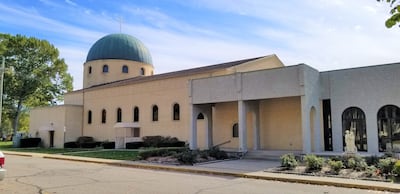
While 7.2 per cent of those polled said they would support laws banning abortion entirely, about 14 per cent said they would support laws allowing abortion at any stage of pregnancy up until birth.
As Arab-American and Muslim communities increasingly prove to be potentially powerful voting blocs, they have drawn the eye of far-right groups.
In December, the community was rocked by reports that revealed a chapter of CAIR had been infiltrated by people who had been providing information to a known Islamophobic group called the Investigative Project on Terrorism.
Despite the level of vitriol directed at both Arab-American and Muslim communities in the years following the September 11 attacks — in addition to becoming the target of increased scrutiny by law enforcement — Mr Elzein says division within both groups is rife.
One of his greatest challenges has been getting Arab Americans to think first about the potential of their own collective voting power rather than focusing on the religions, sects and nationalities that may divide them — something he says is fuelled by various conflicts in the Middle East.
But on the whole, Mr Elzein is hopeful.
“One thing that made me feel so good: an Arab-American friend recently reached out to thank me for pushing him to register to vote for the first time,” he says.
“What’s better than that?”
